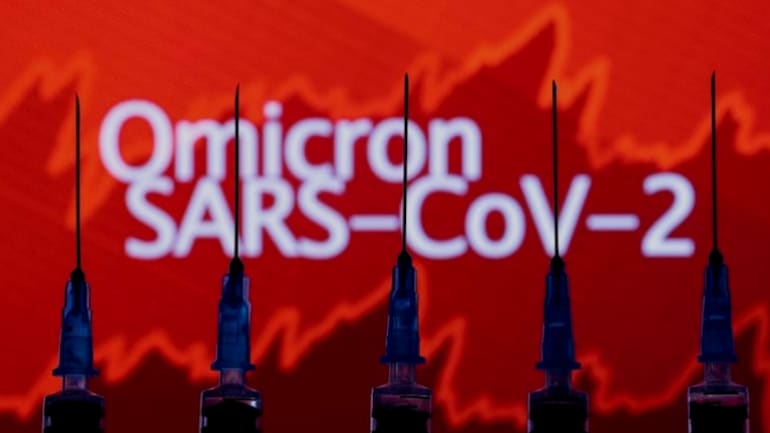Just as the world was beginning to get its hopes up about a return to normalcy almost two years after the COVID-19 pandemic began, a new potentially dangerous variant of the novel coronavirus has emerged. Dubbed Omicron, the variant is giving people and the global markets, due cause for concern.
Last Thursday, South Africa reported the first cases of a heavily mutated variant of the Novel Coronavirus, later named Omicron.
On Monday, the World Health Organization said the new variant is expected to raise the number of infections worldwide, warning that any spike in cases could have huge consequences.
Omicron’s very emergence is another reminder that although many of us might think we are done with COVID-19, It’s not done with us. We’re living through a cycle of panic and neglect. Hard-won gains could vanish in an instant. Our most immediate task, therefore, is to end this pandemic.
Tedros Adhanom Ghebreyesus, WHO Director General
The United Nations Health body says more studies need to be run to establish the extent of new strains feared resistance to vaccines and previous infections.
I think that the scare value as time goes on of talking about these new variants of concern, they say in markets that you buy the rumor and you sell the fact Well, there’s quite a few rumors circulating about this virus but the facts that are known are very little.
Hermann Kelly, Author and Politician
Several countries scrambled to ban flights from South Africa and a number of other African countries affected by the new variant, stranding thousands of passengers.
The travel bans have drawn the ire of South Africa, with President Cyril Ramaphosa, saying such moves will only cause more damage to his people.
At the same time, we need to resist unjustified, as well as unscientific, travel restrictions that only serve to further disadvantage developing economies.
Cyril Ramaphosa, South African President
Ramaphosa also stressed that developing countries, including those in Africa, need to manufacture their own vaccines. He called on the World Trade Organization to facilitate Africa’s access to medical care.
On Friday, global markets shed some $2 trillion after reports emerged, suggesting that the new Omicron variant might be resistant to the existing vaccines.
Although the market recovered later on Monday, that drop exposed the vulnerability of the global economy, which is still reeling from the aftershocks of the initial pandemic.
The announcement of the new strain spread panic similar to when the pandemic first began.
… the markets are riled up badly because of all these rumors that have started to circulate but I believe that when people find out the facts of this variant that the market will come down and, hopefully, it will not be used cynically by those in power to grab more authority.
Hermann Kelly, Author and Politician
In an attempt to allay these fears US President Joe Biden said that the new variant is a cause for concern, but not a cause for panic.
We do not yet believe that additional measures will be needed. But so that we are prepared, if needed, my team is already working with officials at Pfizer, Moderna, and Johnson and Johnson, to develop contingency plans for vaccines or boosters if needed.
Joe Biden, US President
US Commerce Secretary, Gina Raimondo, said on Monday that it was too soon to tell if Omicron will have any impact on global supply chains.
But according to estimates by an American investment bank, Goldman Sachs, in case the Omicron variant proves deadlier and more contagious than its predecessor, the Delta variant, global economic growth will slow to a 2% quarter on a quarter annual rate, 2.5 percentage points below the bank’s current forecast.
READ ALSO: Twitter admits policy ‘errors’ after abuse by hate groups
The bank predicts that growth in 2022 as a whole would be 4.2% or point four percentage points below its forecast.
Yet the new variant has already made its impact and is expected to influence consumer and corporate confidence ahead of the holiday season and is expected to keep doing so for the months to come.













